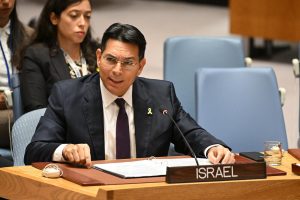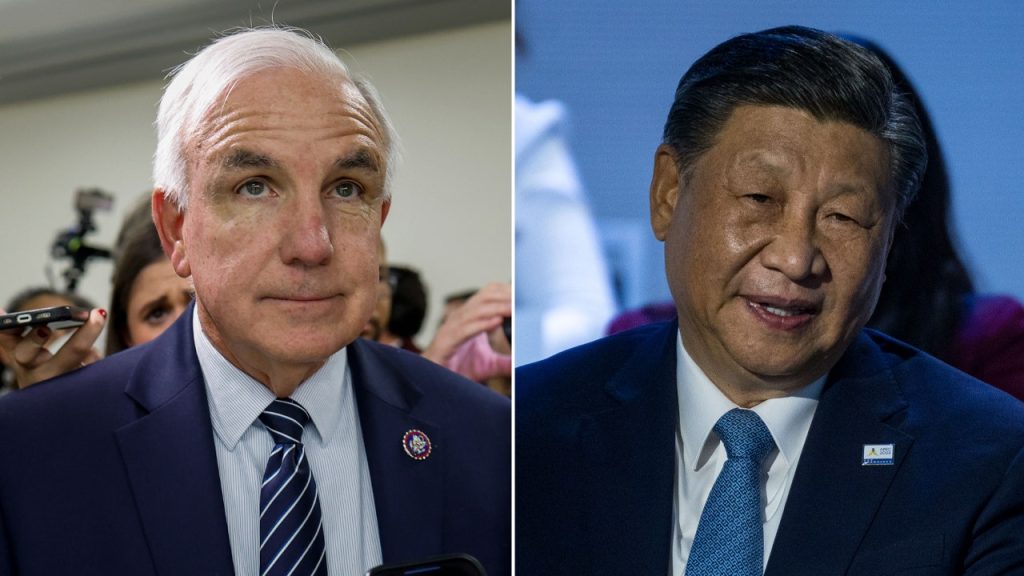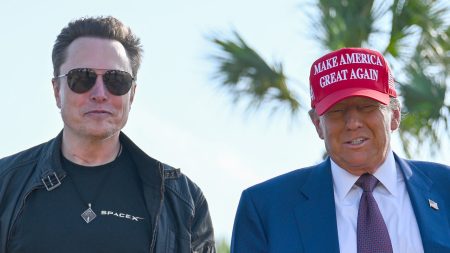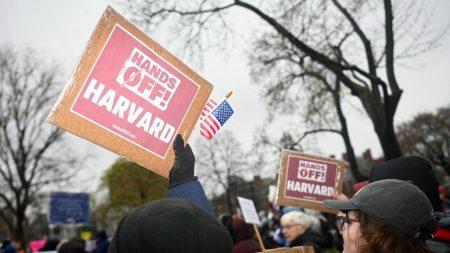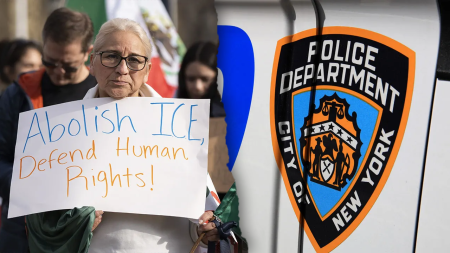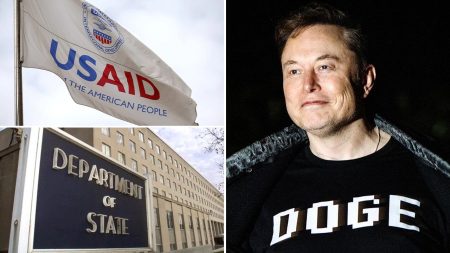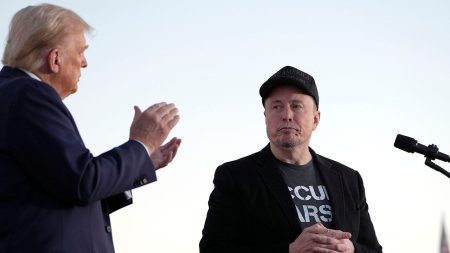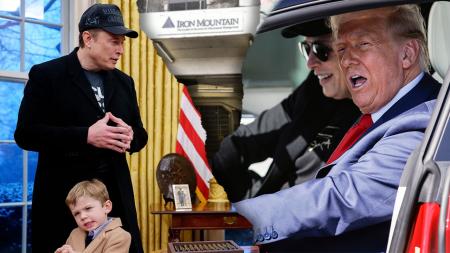The Looming Threat of China and the Call for American Strength
Representative Carlos Gimenez, a prominent member of the House Select Committee on the Chinese Communist Party (CCP), has issued a stark warning about the escalating threat posed by China, characterizing it as the "greatest threat" to the United States. He underscores China’s aggressive advancements on both the military and economic fronts, arguing that the nation’s growing production capacity, particularly in defense materials and weaponry, surpasses that of the United States, leaving the U.S. in a vulnerable position. Gimenez highlights the Russian-Ukraine war as a chilling example of how quickly a nation’s defense capabilities can be depleted in a protracted conflict, expressing concern that the U.S. could similarly find itself facing a munitions shortage in a potential conflict with China. This concern is further amplified by China’s superior shipbuilding capacity, which Gimenez warns could further erode the U.S.’s military advantage. He advocates for a fundamental overhaul of Pentagon operations, calling for increased agility, greater private sector involvement, and the dismantling of bureaucratic obstacles that impede the nation’s ability to defend itself.
Gimenez’s critique extends to the Biden administration’s handling of China, accusing them of projecting weakness and appeasement. He contends that the administration’s approach has emboldened China, creating the perception that they could act with impunity. In contrast, Gimenez praises former President Trump’s anticipated approach, emphasizing his ability to distinguish between allies and adversaries and his commitment to prioritizing American security. He argues that Trump’s philosophy of "peace through strength" is essential to counter China’s growing assertiveness, as opposed to the current administration’s perceived appeasement. This contrast, Gimenez believes, is crucial to deterring China and safeguarding American interests.
Central to Gimenez’s strategy for confronting China is the imperative of American energy independence. He envisions the U.S. as the dominant global energy supplier, believing this will bolster the nation’s financial standing and provide leverage to aid allies and undermine adversaries. This energy dominance, he argues, could be wielded as an "economic weapon," replacing dependence on oil from nations like Iran, Venezuela, and Russia – all of whom have ties to China – with American-produced oil. This, in turn, would deprive these countries, and by extension China, of crucial revenue streams, hampering their ability to support China’s ambitions. By isolating China economically and projecting strength, Gimenez believes the U.S. can effectively contain the growing threat.
Gimenez also addresses the work of the House Select Committee on the CCP, stressing the urgency of their mission and the bipartisan recognition of the China threat. He dismisses climate change as a secondary concern compared to the looming danger posed by China, emphasizing the need for immediate and decisive action to prevent a future dominated by the CCP. He expresses confidence in Trump’s ability to project the necessary strength and follow through with concrete actions, a contrast to the perceived inaction of the Biden administration. This proactive approach, in Gimenez’s view, is vital to counteracting the multifaceted challenge posed by China.
Gimenez’s perspective reflects a growing concern within certain political circles regarding China’s expanding global influence and the perceived inadequacy of current U.S. policies to address this challenge. He advocates for a more assertive approach, rooted in military strength, energy independence, and economic leverage, to counter China’s ambitions and protect American interests. His critique of the Biden administration and praise for Trump’s anticipated approach highlights the partisan divide in how best to confront the China challenge. This debate is likely to continue to shape U.S. foreign policy in the coming years, as the nation grapples with the complexities of the evolving geopolitical landscape.
The core of Gimenez’s argument revolves around the need for a paradigm shift in U.S. foreign policy towards China, moving away from what he perceives as appeasement to a more forceful posture based on strength and strategic leverage. He believes that only through such a shift can the U.S. effectively contain China’s growing influence and protect its interests. This perspective underscores the urgency and complexity of the China challenge, which is likely to remain a central focus of U.S. foreign policy debates in the foreseeable future.
